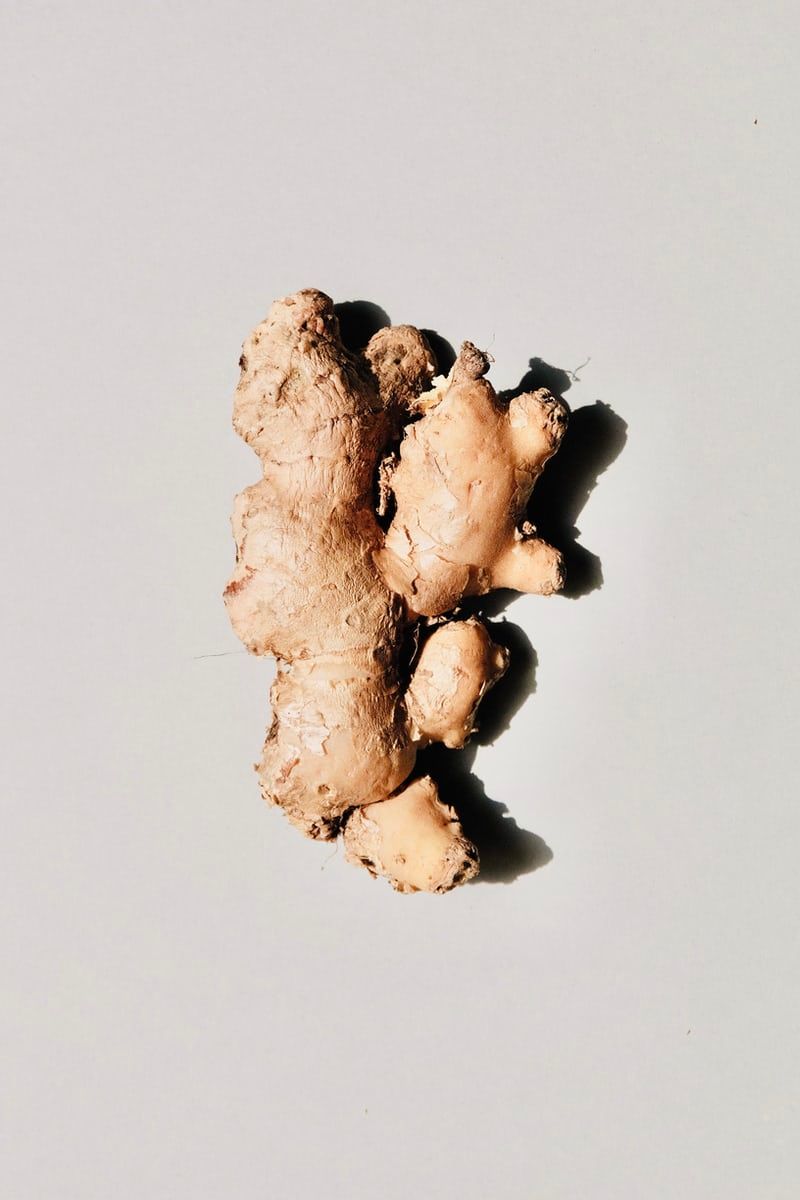Nutrition During Pregnancy
23rd June 2021
Pregnancy is a time for eating sensibly – think wholesome, nourishing foods for both mother and baby. Read below for our nutrition tips during pregnancy.
Pregnancy can be a magical time, but for some mothers-to-be it can also be full of stress and anxieties; especially when it comes to what we put in our bodies. Pregnancy is not a time for strict diets, but for eating sensibly. Think wholesome, nourishing foods for the health of both mother and baby. However, there will be times in your pregnancy when you just can’t stomach a bowl of greens and even the thought of vegetables is enough to make your stomach turn! So, go easy on yourself! Listen to your body and try to incorporate foods that are going to support you and your baby at every stage throughout your pregnancy.

THE 1STTRIMESTER
Folic Acid:The first trimester is where most women are adjusting to their surges in hormones. By the beginning of week 5 (even though your fetus is the size of an apple seed) the baby has all the correct building blocks in place for its vital organs. At this stage, folic acid is one of the important key nutrients for the normal development of the neural tube. Low levels are commonly associated with a neural tube defect, Spinal Bifida and Cleft Palate.
Even before conception, government guidelines encourage women who are planning a family to top up their levels of folic acid. Food sources of folic acid include: almonds, avocado, legumes, dark green leafy vegetables, broccoli, asparagus and dried figs. If you’re taking a prenatal specific multi-vitamin, you’ll find that most of these supplements contain higher amounts of folic acid.
Morning Sickness and Nausea:The first trimester can also come with some very tricky symptoms. Mothers-to-be might need to navigate morning sickness, nausea and tiredness… Which can keep you in a constant state of delirium.
Ginger is commonly recommended to help settle the tummy – try grating some fresh ginger into hot water or shop for ginger tea. In the morning try adding it into a smoothie, one of our favorites is avocado, spinach, fresh lemon, fresh ginger and apple juice. Which also happens to be a good source of folic acid too!

THE 2NDTRIMESTER
With those nasty first trimester symptoms settling down by weeks 12-14 and energy levels picking up, you’ll start to feel more normal again! By this stage, your baby can already swallow and taste thanks to amniotic fluid, so start giving baby a taste for healthy, wholesome food. This starts with a balanced diet rich in:
- Vegetables: Think colorful varieties packed full of antioxidants like: beetroot, carrots, red pepper, broccoli, tomatoes, as well as plenty of dark green leafy vegetables.
- Wholegrain or Wholemeal Carbohydrates: Sweet potato, quinoa, wholemeal pasta, buckwheat, oats and rye.
- Proteins: Either vegetarian sources like eggs, beans and lentils or animal sources and fish.
- Good Fats: Avocado, pumpkin seeds, sunflower seeds, flaxseed and chia seeds.
Variation is key to ensure that you and your baby are getting all the important nutrients needed. Now is not the time to be cutting out major food groups or going on diets.
It’s also important to think about how foods are grown and prepared. Opt for organic when you can. It has been proven to contain fewer heavy metals and pesticides, while actually being higher in nutrients, read more HERE. If it’s not possible to go completely organic, then look at the Environmental Working Group’s list called the ‘Clean Fifteen and the Dirty Dozen.’ The EWG test all fruits and vegetables and put together a yearly list of those that contain the least chemical residues (Clean Fifteen) and those that have highest chemical residue, which you want to avoid (Dirty Dozen). Helping you be better informed about which produce to buy organic.

THE 3rdTRIMESTER:
You’re in the home stretch, but you and baby still have a lot of growing to do. Nutrients like calcium, magnesium, vitamin D and omega-3 fats are particularly important during this trimester to strengthen your baby’s bones.
- Calcium: As most people know, calcium can be found in dairy products, but smaller amounts can also be found in almonds, Brazil nuts, tofu and dark green leafy vegetables.
- Magnesium: Good sources can be found in foods like – avocado, almonds, walnuts, tofu, buckwheat, dark green leafy vegetables and apricots.
- Vitamin D: Actually, comes from sunshine, so just 5 – 10 minutes of sun exposure without sunscreen (before 10:00am and after 4:00pm to avoid sun damage) should be enough to keep levels up.
Baby’s brain health is supported by good sources of:
- Omega-3 fats:This can be found in foods such as oily fish like – salmon, mackerel, trout and sardines. Be sure not to consume more than 2 portions per week, as these fish could have high heavy metal content. You can find more plant-based sources of omega-3 fats from foods like chia seeds and flaxseed.

AND FINALLY, A FEW DON'TS:
- Don’t eat foods that are deemed unsafe for you and baby. When you find out you’re pregnant, familiarize yourself with the List of Foods that are recommended to prevent bug or parasite infections. Foods such as undercooked meats, deli meats, specific fish and unpasteurized cheeses should be avoided.
- Don’t use pregnancy as an excuse to make poor food choices – Unfortunately, pregnancy is not an excuse to eat that doughnut or extra serving of ice cream! Remember that the food you’re eating during your pregnancy should still be wholesome and nutritious to support the growth of your baby, as well as to keep your health in good check. Never has there been a better time to be mindful and conscious about your food choices!
- Don’t start any new supplement programs. Pregnancy is a time to keep things simple. Ask your OB for advice on any pregnancy specific diet and supplements related questions.
- Don’t go for long periods of time without food. Since your uterus is growing and crowding organs like your stomach (which can also cause heartburn), you may find it difficult to have large meals. Eat smaller meals more often instead of fewer large meals, which provides your baby with a constant supply of nutrients. This is also useful in the first trimester should you be suffering from morning sickness.
Have a question for MC?
Email us at askmc@mariechantal.com

Join Us On Spotify
Browse MC's recommended playlists for bathtime, playtime and then when baby has gone to bed, grown-up time.



